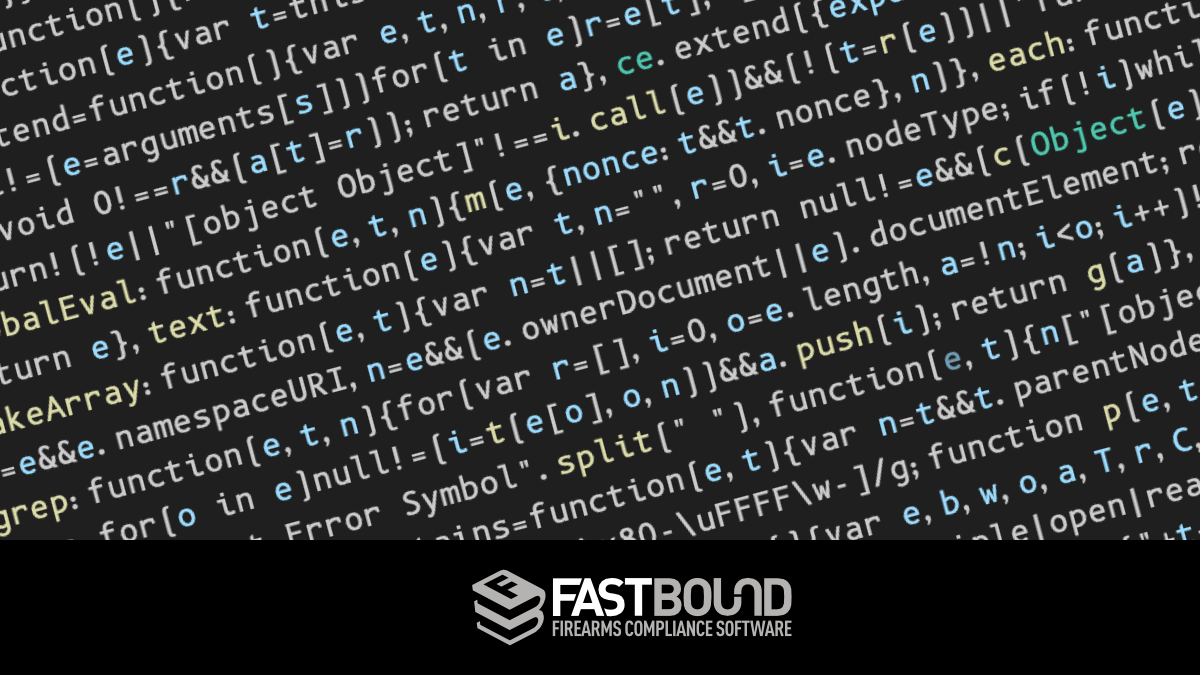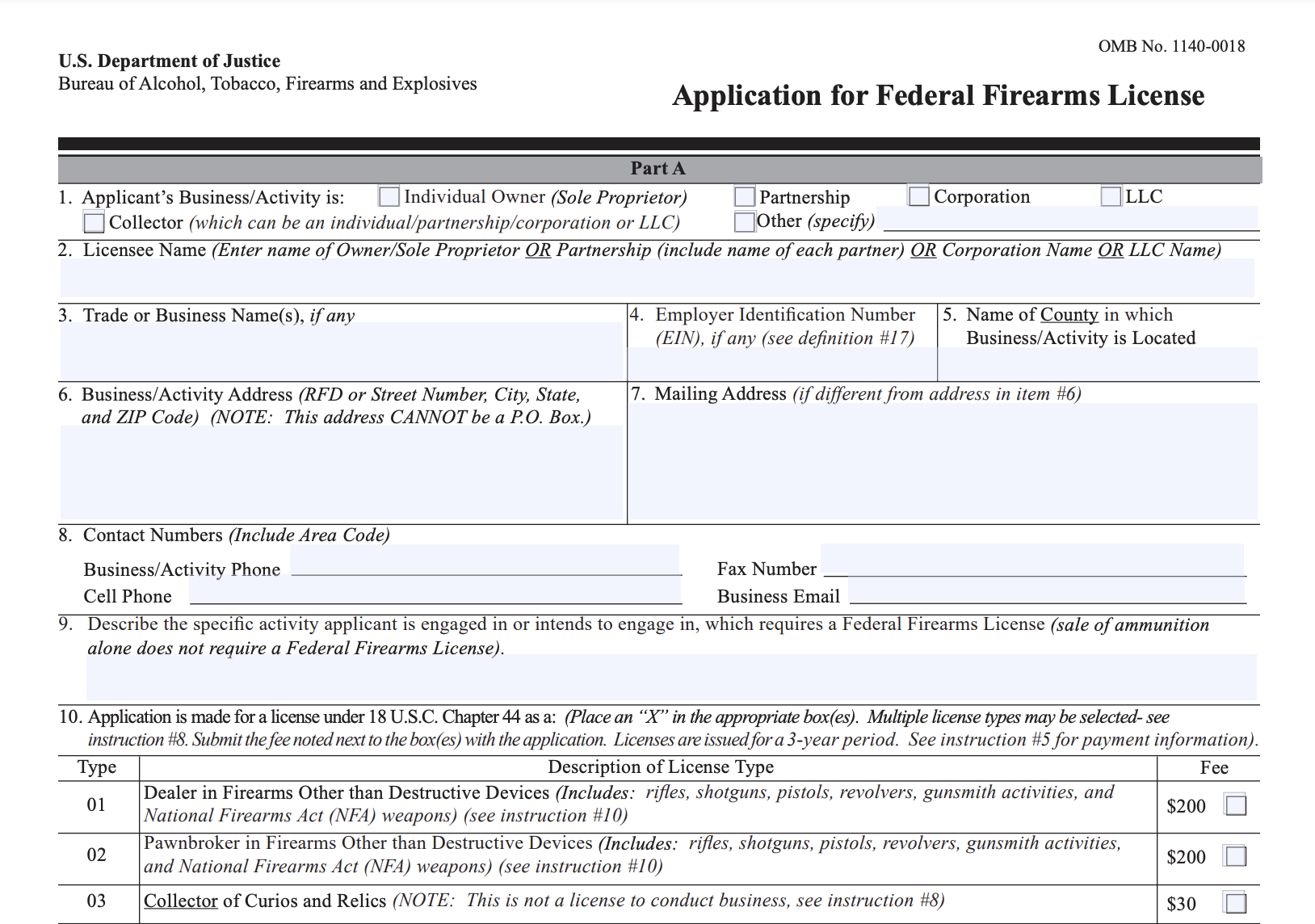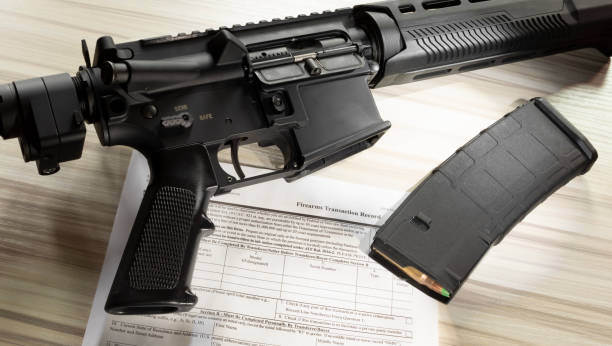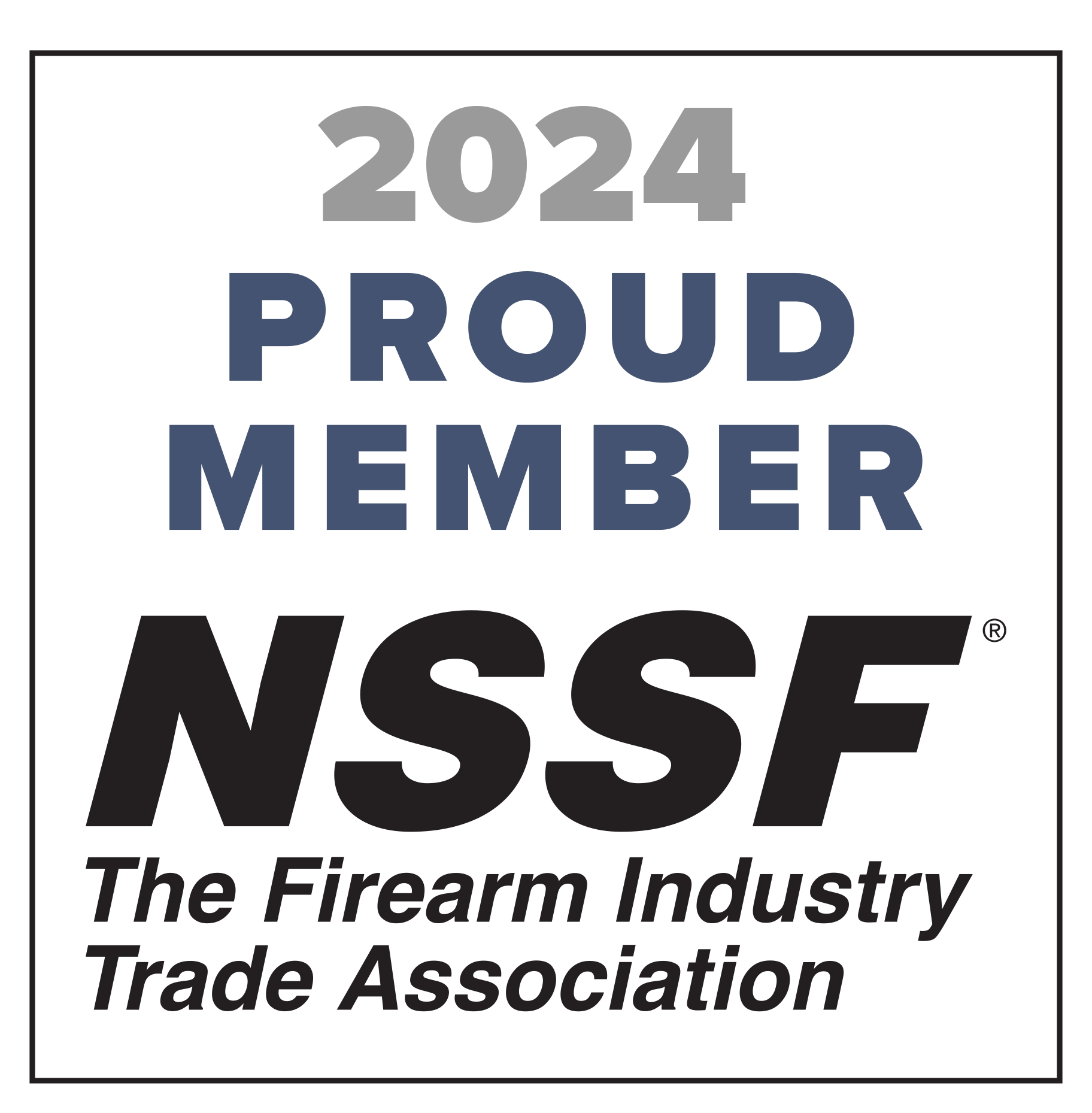Maintaining accurate records of firearms transactions is essential to ATF compliance. According to ATF eRegulations, these records must be retained for no less than 20 years after the date of a sale or disposition. In the past, this was typically done by storing paper documents in cardboard boxes or file cabinets — a strategy that comes with several issues like the potential for damage, theft, or misplacement.
In this post, we’ll explain what cloud-based ATF record storage is, how it differs from traditional storage techniques, and the key benefits it offers firearms sellers. So, by the end, you’ll know if it’s right for your business.

What Exactly is Cloud-based ATF Record Storage?
TechTarget defines it as “a service model in which data is transmitted and stored on remote storage systems, where it is maintained, managed, and backed up and made available to users over a network — typically, the internet.” With it, you can store records like A&Ds and 4473s in a digital environment where the data can be accessed from any Mac, PC, tablet, or smartphone that has a web browser and internet.
Here’s what the model looks like.
Notice how regardless of where the data comes from, it all goes to the same place — “the cloud,” which is a network of servers.
How Does it Differ from Traditional Storage?
For many years, most gun sellers kept transaction records on paper files that were stored in a physical office. Cloud-based ATF record storage, however, is fundamentally different from this traditional technique because everything is done electronically where there’s no need for paper documents. Instead, A&Ds and 4473s are filled out digitally and the data is saved digitally in the cloud.
Whenever you need to retrieve information, you simply search for it by entering criteria such as licensee name or address, firearm serial number, or manufacturer. Within seconds, it pops up and you can find all the information you need, and the record is backed up securely in a virtual environment so that it’s kept on file to stay compliant with ATF rulings.
Note that cloud-based storage also differs from storing records using more basic digital techniques like saving files on physical software. A few years back, for instance, you could download software to your in-office computer and save records on it. The only problem is that you could only access your data on that exact computer, and you also had to routinely back it up manually to keep the information intact and up-to-date.
That meant you couldn’t retrieve data from, say, your smartphone while you’re on the go. And if you forgot to back up your data, files could potentially be lost. With innovative cloud-based records, however, there’s no software to install or maintain.
Key Benefits
There are five primary advantages to using this technology rather than traditional storage techniques.
1. Compliance
As a firearms seller, you’re probably well aware of the importance of compliance. The ATF performed 5,827 firearm compliance inspections in the 2020 fiscal year. A majority (43.8%) resulted in a violation, Hopefully, it’s not a situation you want to find yourself in. The great thing about cloud-based ATF record storage is that the interface you use to input records is continually updated to ensure compliance with the latest ATF rulings. In turn, you don’t have to worry whether you’re inputting the correct information or not.
Because everything is saved in a secure digital setting, the data stays on file for the 20-year minimum. That way you can focus more on running your business rather than getting bogged down in compliance-related tasks.
2. Convenience
As we mentioned earlier, you can access records from wherever and whenever you want as long as you have an internet connection. With FastBound, for example, you simply log in from any web-enabled device, with any browser. That means you’re not tethered to a single physical location like a brick-and-mortar store. With this technology, you can just as easily locate records while you’re on the other side of the country as you could if you’re in your office.
Plus, the search function is simple, saving you time from sifting through piles and piles of documents.
3. Automation
If you’ve ever had to backup information manually on a hard drive, you know how onerous it can be. You have to remember to do it at planned intervals. If you forget, the consequences can be disastrous if you can’t access an important record. But with cloud-based ATF record storage, there are automatic backups that exceed ATF compliance requirements.
FastBound auto-saves your data every 15-20 seconds like clockwork so you never have to think about backing it up. Not only that, our system syncs with other cloud-based storage systems like Dropbox to make your life even easier, and you don’t have to manually transfer data from one system to another.
4. Security
Any time you’re storing critical records like A&Ds and 4473s, it’s important that they’re safe and secure and stay out of the wrong hands. While some firearms sellers have reservations about using the cloud because of the perceived risk of documents being intercepted, today’s technology is incredibly safe.
With FastBound, there are multiple layers of protection where data is stored using 256-bit Advanced Encryption Standard (AES) encryption. And when it’s moving from your web browser to servers, it uses Transport Layer Security (TLS) which creates an ultra-secure tunnel that’s protected by further encryption. Besides that, FastBound enables HTTP Strict Transport Security (HSTS) to prevent cyber attacks and has an overall security rating of A.
When compared to storing documents in cardboard boxes that can easily be stolen, damaged, or misplaced, this is a far safer option.
5. Disaster Recovery
Finally, storing ATF records in the cloud gives you peace of mind that they can be recovered even in a worst-case scenario. Like we just said, one of the biggest problems of storing traditional paper files in cardboard boxes or a file cabinet is that they can be lost, stolen, or destroyed. But with cutting-edge technology like the cloud, this isn’t a concern.
“While there may be no way for you to prevent or even anticipate the disasters that could potentially harm your organization, there is something you can do to help speed your recovery,” explains Salesforce. “Cloud-based services provide quick data recovery for all kinds of emergency scenarios, from natural disasters to power outages.” Because data is backed up across multiple servers, copies are always saved. So, even if there’s a collapse where a server goes down for a while, all your information can still be recovered — something you don’t get with traditional storage techniques.
Leveraging the Full Benefits of Cloud-based ATF Record Storage
Storing records is integral to ATF compliance. Firearms sellers need an efficient system of keeping A&Ds and 4473s on file. Cloud-based record storage is one of the best methods. It offers a host of benefits like improved compliance, convenience, automation, security, and disaster recovery to make the process more streamlined without drowning in administrative tasks. If you’ve ever felt anxious or overwhelmed with your current record-keeping system, this is definitely an option to consider.
To learn more about storing ATF records in the cloud and get a free 14-day trial, check out FastBound.

















